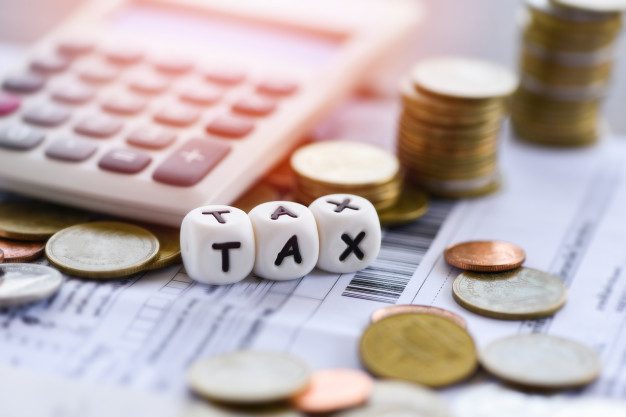While not a new idea—some states have considered transferring responsibility for sales tax collection and disbursement from merchants to payments processors —none of the efforts have succeeded, and attempts have mostly flown under the radar.
This may all change as Massachusetts Governor Charlie Baker has resurrected the sales tax collection idea by putting it into his fiscal 2021 state budget. This faster payments-type concept looks to accelerate sales tax revenue by collecting it and sending it to the state coffers in real time as purchase transactions occur.
States would get their money faster as well as possibly pick up any extra cash in case merchants under-pay sales tax collections. Right now, there is no software/hardware solution in place to make this happen, although as the article mentions, there are two interested private parties lobbying for these changes. Payments processers and providers have yet to weigh in publicly, but we can guess which side of the issue they will be on.
How far this proposed collection change goes remains to be seen. A legislative bill would have to be introduced then go through the sausage-making process of turning plan to law. We’ll be watching for future happenings on this far-reaching plan and keep PaymentsJournal readers informed.
A Boston Globe article discusses more on this topic, which is excerpted below:
Next, at the State House: Governor Charlie Baker included language in his proposed state budget to significantly accelerate sales tax collections, in part to get more money for the MBTA. One big potential beneficiary would be STAC Media, a startup that holds a patent for the tax-collection process — and that counts Cronin as a significant minority investor.
The budget proposes a two-phased effort to update and improve the current collection and remittance procedure for the state’s sales tax. The current procedure is antiquated and allows retail vendors to hold sales tax for as many as 50 days after they are paid by a consumer.
The initial phase will consist of the Commonwealth’s largest businesses remitting on a faster timeline. These businesses will be required to remit collections from the first three weeks of each month in the final week of that same month. Remittance for the final week and reconciliation of the monthly filing will continue to occur in the following month. This phase will only impact the largest 10% of businesses, which account for 90% of sales tax revenue.
Overview by Raymond Pucci, Director, Merchant Services at Mercator Advisory Group
